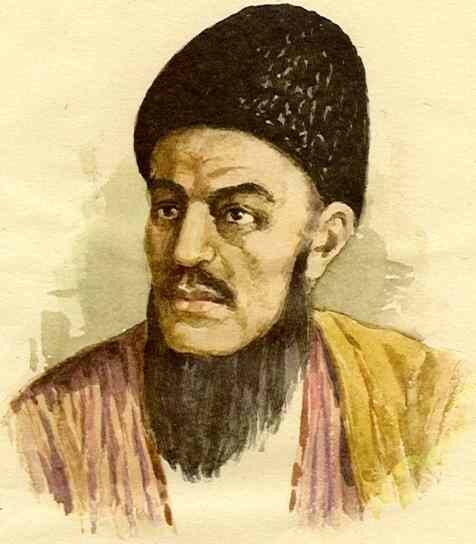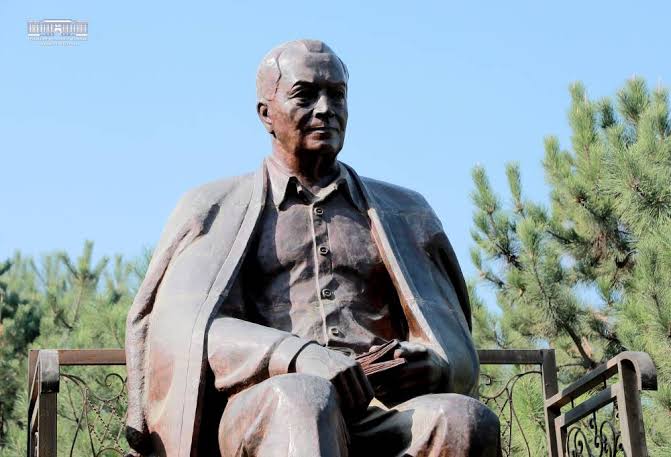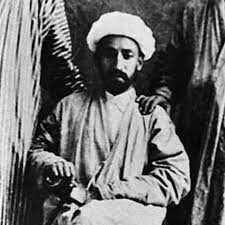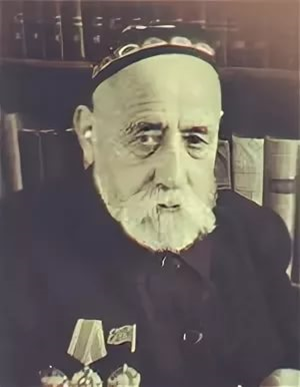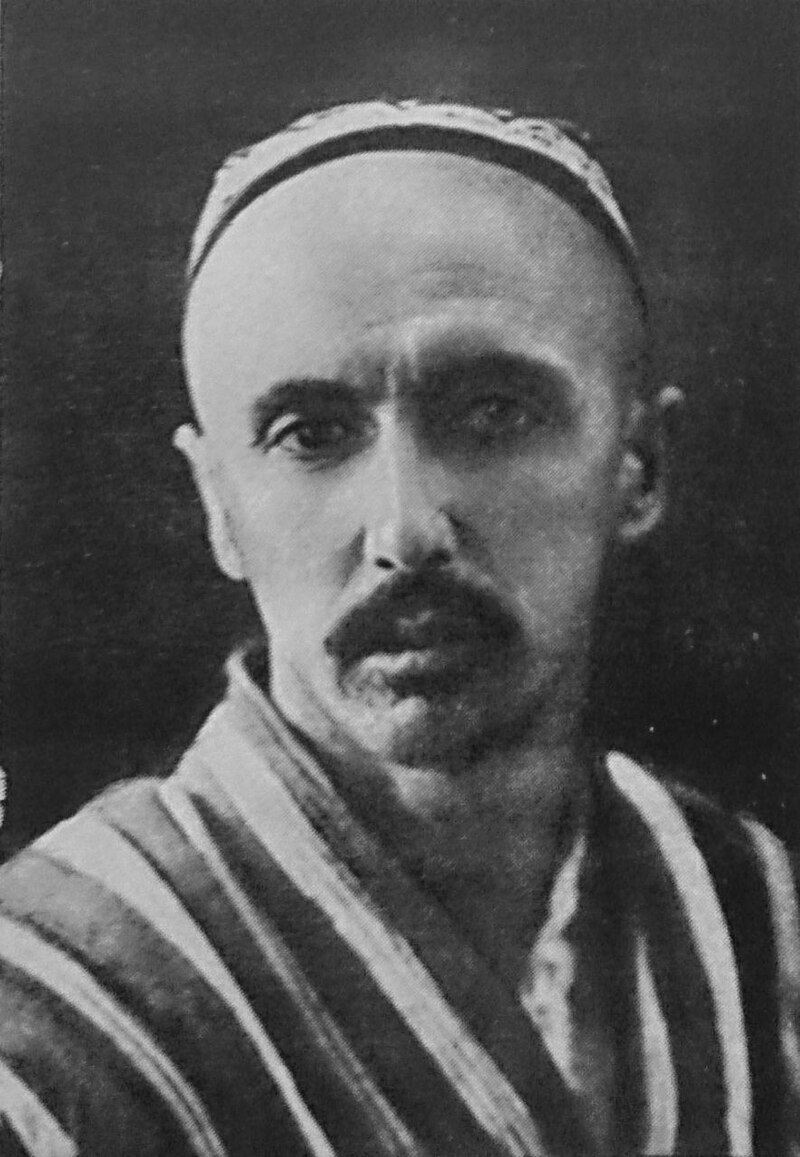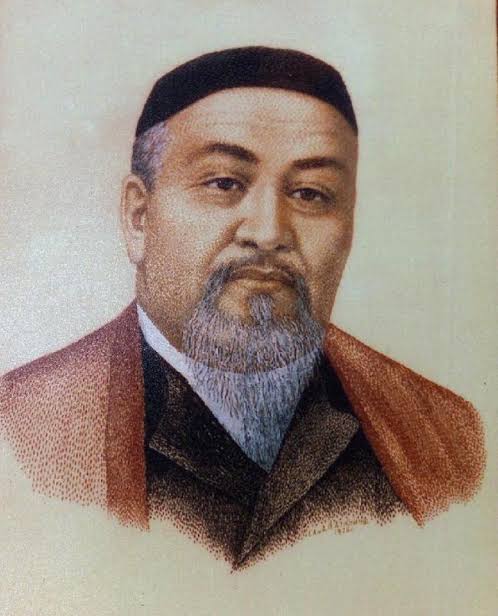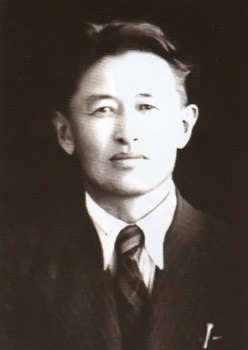Magtymguly Pyragy (1724-1807)
Though his writing is far removed from modern times, Magtymguly Pyragy has had arguably the greatest influence on Turkmen literature of any writer.
Pyragy, who is often credited with bringing Turkmen written literature to fruition, was a philosophical poet, similar in style to Rumi or Yunus Emre. He espoused Sufi beliefs in his writing, while maintaining a clear Central Asian identity distinct from the more culturally Persian Sufi poets of his time.
Known by the pen name “Feraghi”, Pyragy was highly educated and made it his mission to learn as much as possible. He traveled as far west as the Arabian Peninsula and as far south as India.
Pyragy’s poetry often used themes of Sufi ethics to pose questions about life, love, and spirituality. He wrote many poems in traditional Islamic poetic forms, like ghazals. A ghazal is a traditional poetic form written in couplets, usually to describe love (whether amorous or spiritual). Pyragy’s devotional poem “Yar Senden” is a classic example of the Sufi elements in his poetry. In another poem, “I’d Like To Feel The Wind of Dawn”, Pyragy names Bahauddin, the founder of one of the largest Sufi orders, and Amir Kulal (Shams ud-Din), one of the most influential Sufi scholars in history.
Though Pyragy wrote in a similar form as many classical Sufi poets, his poetry was thematically and linguistically distinct. While some of his poems were very traditional Sufi or Islamic devotional pieces, others were about his sentiment towards his homeland. During Pyragy’s life, many Turkmen tribes had been displaced, and he wrote about his resentment for the Khiva Khanate who displaced many of those tribes. He also wrote about his desire to see a united Turkmen state.
Pyragy’s poetry is also often studied by linguists, as he was one of the first poets to introduce writing in the Chagatai language. Chagatai was the court language of many of the Khans of Central Asia and the original language of the Mughal empire. In his writing Pyragy employed Turkmen linguistic features while keeping the vocabulary quite purely Chagatai. Pyragy also employed traditional techniques like strophic quatrains (qoshuk), and wrote other poems in the form of traditional Turkmen musical poetry contests (aydish).
Pyragy’s work, which gave way to the “Golden Age” of Turkmen literature, stands out for its unique blends of the different philosophies and identities Pyragy taught, and was a stepping stone for all of the next great Turkmen writers.
